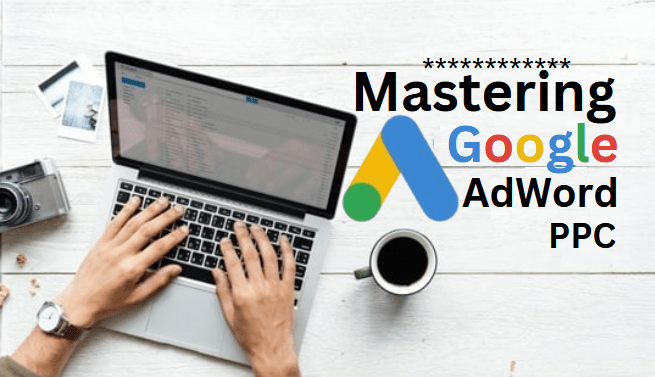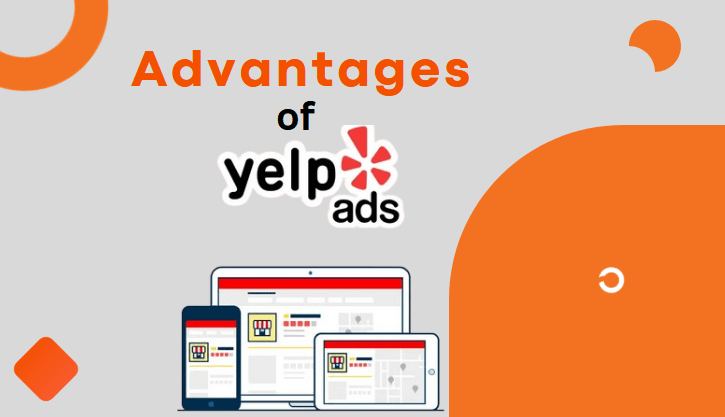Facebook Ad Management involves a comprehensive series of tasks aimed at strategically planning, developing, executing, and refining advertising campaigns specifically tailored for the Facebook platform.
In this intricate process, businesses and advertisers leverage Facebook Ads as a powerful tool to showcase and market their products or services to a carefully selected and defined audience within the expansive realm of the social media platform.
The first step in Facebook Ad Management is meticulous planning, where marketers strategize the key aspects of the campaign, such as the campaign objectives, target audience, budget allocation, and overall messaging.
This stage sets the foundation for a successful advertising endeavor by establishing clear goals and a roadmap for achieving them. Don’t miss reading: List of best AI Tools For Email Marketing in 2024.
Following the planning phase, the creation of compelling and visually appealing ad content takes center stage. This involves crafting engaging ad copies, selecting eye-catching visuals or multimedia elements, and ensuring that the overall design aligns with the brand’s identity. The goal is to capture the attention of the target audience and convey the intended message effectively.
Once the creative elements are in place, the implementation phase begins. Marketers utilize Facebook’s robust advertising platform to deploy their campaigns to the chosen audience. This involves setting up ad placements, defining targeting parameters, and configuring bidding strategies to maximize the reach and impact of the ads.
The optimization process is a continuous and dynamic aspect of Facebook Ad Management. Marketers closely monitor the performance of their campaigns, analyzing key metrics such as click-through rates, conversion rates, and engagement levels. Based on these insights, adjustments are made to refine the campaign’s targeting, messaging, and overall strategy to enhance its effectiveness.
Throughout the entire Facebook Ad Management cycle, businesses and advertisers stay attuned to the evolving landscape of the social media platform. This includes staying abreast of algorithm changes, new features, and trends that may impact the performance of their ads. Flexibility and adaptability are crucial in optimizing campaigns and ensuring they remain relevant and impactful in the ever-changing digital landscape.
Engaging Facebook Ads Manager
To effectively explore the world of Facebook Ad management, you need to familiarize yourself with Facebook Ads Manager; this is the essential tool for efficiently running your ad campaigns. Serving as the central hub, Ads Manager is the cornerstone for launching ads across Facebook, Instagram, the Audience Network, and Messenger.
Read also: Best strategies for engaging Direct Mail Advertising for lead generation
This comprehensive tool not only facilitates ad creation but also empowers you to control when and where your ads appear. Additionally, it provides insights into campaign performance, enabling continuous refinement for optimal results.
What sets Facebook ads management apart is its user-friendly approach, catering to both seasoned marketers and newcomers. Facebook equips users, regardless of their expertise, with the necessary tools and resources to craft ad campaigns tailored to their skill levels.
Now that we’ve delved into the significance of Facebook Ads Manager, let’s explore the steps to initiate your journey into Facebook ads management.
How To Use Facebook Ads Manager:
If you’re eager to delve into the realm of Facebook Ads management, let’s navigate through the essential steps to kickstart your journey.
1. Initiate Your Campaign
The primary stride in Facebook ad management involves the creation of your campaign.
• Guided Creation: Utilize the step-by-step wizard for guided creation, particularly beneficial for those unfamiliar with Facebook’s Ads Manager or new to crafting ad campaigns.
• Quick Creation: Opt for quick creation if you’re an advanced advertiser or seasoned marketer familiar with Facebook or experienced in ad creation on other platforms. This method allows flexibility in setting up your campaign, ad set, and elements as per your preferences.
2. Compose Your Ad
Now, let’s delve into the process of crafting your Facebook ad.
• Select Your Objective: Define your campaign’s objective, such as increasing traffic, generating leads, or achieving conversions. Ensure alignment with your overarching campaign goals.
• Choose Your Target Audience: Identify your target audience, comprising users highly interested in your products or services. Leverage Facebook’s audience customization options to precisely target specific demographics and reach the right audience.
• Upload Ad Creative: Facebook supports various ad formats, including photos, videos, carousel ads, and more. Upload your visuals, typically photos or videos, into your Facebook Ads Manager account.
• Craft Ad Copy: Following the creative upload, add compelling text to your ad. Ensure that your ad copy provides pertinent information that informs users about your product or service.
• Set Bid Amount: Once your ad is configured, establish your bid amount, dependent on your budget and desired ad placement.
• Finalize Ad Details: Conclude by reviewing your ad to confirm the accuracy of copy, placement, and bid details.
Embark on your Facebook Ads Manager journey with these comprehensive steps, tailored to both novices and seasoned advertisers.
A Must-Read Comprehensive guide to YouTube Advertising for small business owners
6 Effective Facebook Ad Management Tips:
If you really want to succeed in your Facebook advertising, the following 6 tips will help you a great deal.
1. Establishing Well-Defined Goals
It is crucial to meticulously outline your advertising objectives prior to initiating a campaign. Whether your aim is to heighten brand visibility, steer website traffic, cultivate leads, or enhance sales, establishing explicit goals is paramount. This clear-cut sense of purpose will not only inform the content and design of your ads but will also serve as a compass for making strategic decisions regarding targeting.
2. Precision in Audience Targeting
Leverage the diverse targeting options offered by Facebook to hone in on the most pertinent audience for your advertisements. Make adept use of demographic information, delve into interests and behaviors, and deploy custom audience parameters to refine your target demographic. The more precise your targeting efforts, the more effective and resonant your ads are likely to be. Utilizing these tools allows for a nuanced approach that ensures your message reaches the individuals most likely to engage with and respond positively to your content.
3. Utilize Retargeted Ads for Conversions
Facebook ads aren’t limited to reaching new audiences; they’re a powerful tool for retargeting individuals familiar with your brand but haven’t converted yet. Leveraging retargeted ads often results in higher conversion rates and lower costs per click.
Facebook’s Custom Audiences feature simplifies the process of retargeting leads. You can categorize leads into different custom audiences based on various criteria such as customer file, website traffic, offline activity, engagement, app activity, and more. This segmentation allows you to deliver tailored ads that resonate with your audience, increasing the chances of converting these leads.
4. Prioritize Mobile-Friendly Ad Content
Considering that 96% of Facebook users access the platform via smartphones and tablets, crafting mobile-friendly ad content is crucial. Design your ad content with a mobile-first approach, as it’s easier to scale down for desktop use later.
Understand the unique dynamics of mobile usage, where users may scroll quickly through their newsfeed. Incorporating attention-grabbing elements, such as videos, can effectively capture mobile users’ attention and encourage them to engage with your content. By catering to your mobile audience, you enhance your ad copy’s effectiveness and engagement.
5. Combat Ad Fatigue
Running multiple ad campaigns requires vigilance against ad fatigue, where repeated exposure diminishes audience responsiveness. Regularly monitor key metrics like cost, relevance, frequency, CPM (cost per thousand), and CPC to identify declining performance.
High ad frequency with low engagement often leads to decreased relevancy and increased CPM or CPC. If you observe this pattern, it’s an opportunity to refresh your ad content and maintain audience interest. By addressing ad fatigue, you ensure your Facebook Ads budget is well-spent and that leads continue to interact positively with your content.
6. Hire a Professional
Running successful Facebook ad campaigns demands time and expertise. If you’re juggling business responsibilities or lack experience in ad campaigns, opting for the services of a social media manager could be your best move.
By investing in professional services, you enlist experienced individuals to handle your campaign efficiently. This allows you to focus on managing the leads generated, converting them into valuable outcomes for your business. Partnering with a seasoned social media marketing company ensures your campaign benefits from their wealth of experience in managing successful endeavors. Also read: How to reach wider audience with TikTok Advertisement in Nigeria in 2024.
In summary, Facebook Ad Management is a multifaceted process encompassing planning, creation, implementation, and optimization of advertising campaigns on the Facebook platform. It serves as a dynamic tool for businesses and advertisers to connect with their target audience, drive engagement, and achieve their marketing objectives within the dynamic realm of social media.




